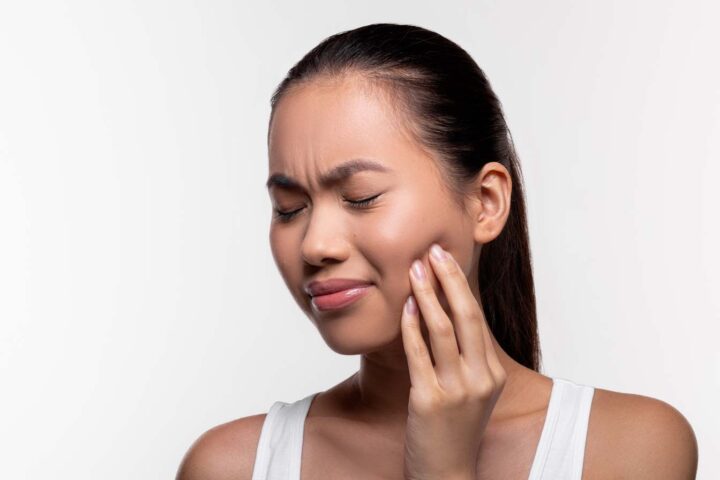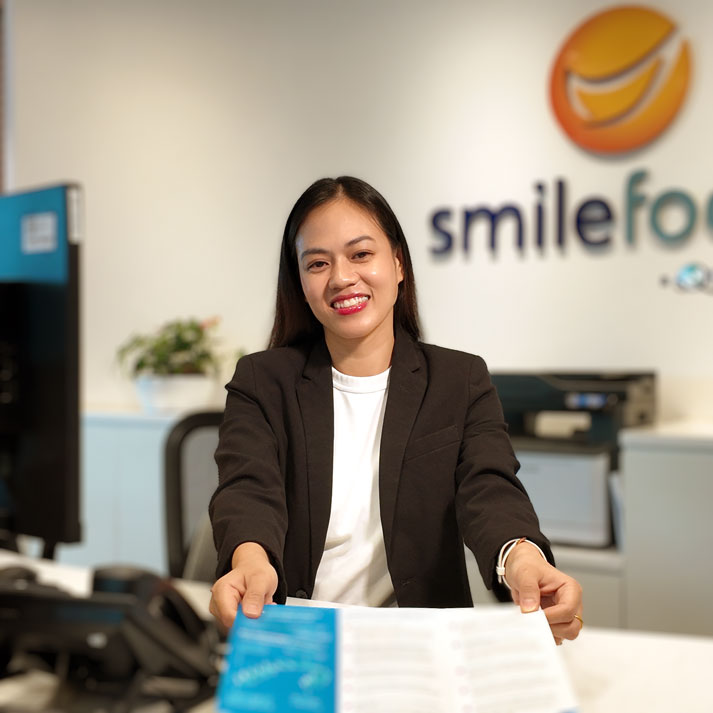During and after the circuit-breaker Smilefocus saw a significant increase in adults of wear-related problems such as cracked and chipped teeth. We saw an increase in these problems in children too, though to a lesser degree. The recent substantial growth in tooth trauma during the pandemic may be a result of a lot of different factors coming together. Dr Bernard Siew, Clinic Director, shares his insights.
Stress, anxiety and sleep patterns
One reason might be stress related anxiety. Patients report the challenge of working from home, often in a makeshift office, sharing the space with home-schooled children, loss of job security or loss of regular routines. Children deprived of their social contacts and normal school setting can struggle to adapt to learning from home. On top of that, there is no certain timeframe if or when there will be a return to normal; traveling home over Christmas seems to be just wishful thinking.
Another reason is that many patients are not getting the restorative sleep they need. A lot of patients describe a change in sleep patterns since the onset of the pandemic, including restlessness and insomnia.
Stress and poor sleep are strong contributors to clenching and grinding the teeth which can ultimately damage the teeth. Grinding can result in chipping or cracking of teeth as well, and this can lead to further complications.
Bruxism or ‘teeth grinding’
Bruxism is an involuntary movement disorder characterised by excessive clenching and/or grinding of the teeth. Some of the main indicators of bruxism is MPD (Myofascial Pain Disorder) – in layman’s terms, the jaw muscles are so sore it feels like you have a migraine and/or a very stiff neck. Another indicator is having very tender teeth. Teeth feel extra sensitive to biting, chewing or even changes to food temperature like ice-cream or a warm soup.
Most people with bruxism are unaware they are grinding or clenching as it often occurs during sleep (this is called ‘nocturnal bruxism’ or ‘sleep bruxism’). It may also happen during the day (‘diurnal bruxism’).
What has been noteworthy is to see regular stabilized patients with new bruxism problems – cracked teeth, sore and tender teeth, muscle aches (MPD), migraines or tension headaches.
If you think you or a loved one may be a ‘bruxer’ please make an appointment to see your dentist and we can review and recommend accordingly.
Please call 6834 0877 to make an appointment.











